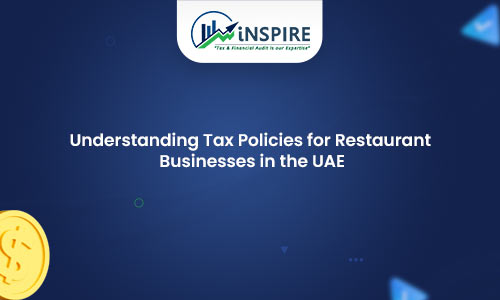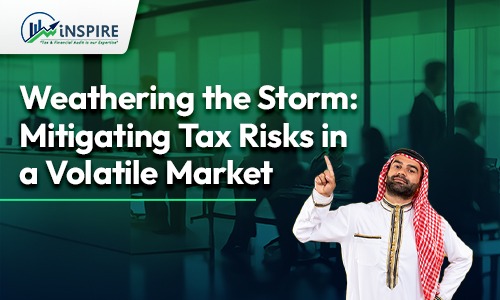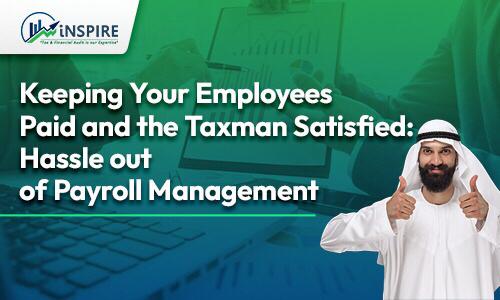
Understanding Tax Policies for Restaurant Businesses in the UAE
The United Arab Emirates (UAE) has been a hub for international businesses due to its strategic location, booming economy, and favorable business environment. For entrepreneurs and investors looking to establish restaurant businesses in the UAE, understanding the tax policies is crucial for successful operations. This blog will provide an overview of the tax policies relevant to restaurant businesses in the UAE.
The United Arab Emirates (UAE) has been a hub for international businesses due to its strategic location, booming economy, and favorable business environment. For entrepreneurs and investors looking to establish restaurant businesses in the UAE, understanding the tax policies is crucial for successful operations. This blog will provide an overview of the tax policies relevant to restaurant businesses in the UAE.
1. Overview of the Tax System in the UAE
The UAE follows a unique tax system known as a "tax-free" regime. Historically, the country did not impose any form of direct taxes, such as personal income tax or corporate tax. However, this landscape has slightly changed with the introduction of the Value Added Tax (VAT) in 2018.
2. Value Added Tax (VAT)
VAT is the primary form of taxation in the UAE. It is a consumption tax levied on the value added to goods and services at each stage of production or distribution. As of my last update, the standard VAT rate in the UAE is 5%. This tax applies to a wide range of goods and services, including those in the restaurant industry.
For restaurant businesses, VAT is applicable to the sale of food and beverages, both for dine-in and takeaway. Restaurant owners are required to register for VAT if their annual taxable turnover exceeds a certain threshold defined by the tax authorities.
3. VAT Compliance for Restaurants
To comply with VAT regulations, restaurant businesses need to,
Register for VAT: Restaurants exceeding the specified turnover threshold must register for VAT with the Federal Tax Authority (FTA).
Charge and Collect VAT: Restaurants need to charge VAT on taxable supplies (e.g., food and beverages) and clearly display the VAT amount on invoices.
Maintain Records: Restaurants must maintain accurate and complete records of all transactions, including purchases and sales, to substantiate VAT returns.
Submit VAT Returns: Restaurants need to file regular VAT returns with the FTA, reporting their taxable sales, purchases, and the VAT they have collected and paid.
4. Exempt and Zero-Rated Supplies
Certain food items may be exempt or subject to a zero-rated VAT. Basic food items, such as fresh fruits, vegetables, and certain dairy products, might fall under these categories. Understanding the differentiation between taxable, exempt, and zero-rated supplies is crucial for accurate VAT reporting.
5. Importance of Professional Advice
Navigating the UAE tax system, particularly VAT regulations, can be complex. It is advisable for restaurant owners to seek professional advice from tax consultants or accountants well-versed in UAE tax laws. These experts can provide guidance on tax compliance, proper record-keeping, and VAT implications specific to the restaurant industry.
Conclusion
While the UAE is known for its tax-free environment, the introduction of VAT has brought about a shift in the tax landscape for businesses, including restaurants. Being informed about the VAT regulations and understanding how it impacts your restaurant business is vital to ensure compliance and smooth operations. Stay updated with the latest tax policies and consider seeking professional advice to navigate the evolving tax environment in the UAE.











